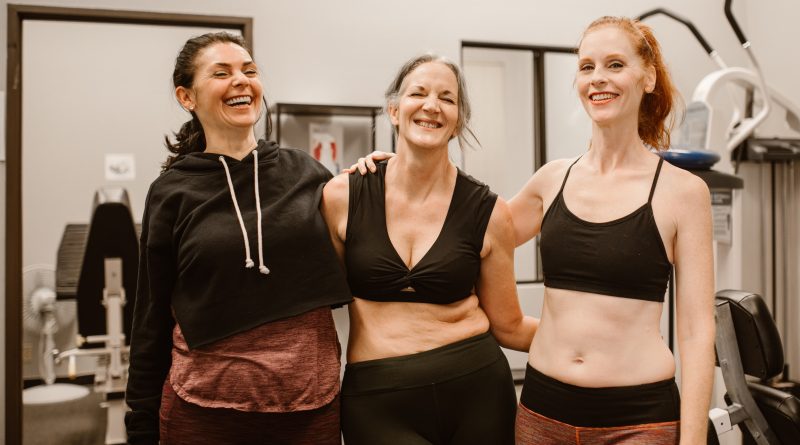Menopause
 Getting to Know Menopause
Getting to Know Menopause
Everyone has heard about menopause, but it can be hard to pin down the facts. It’s a completely natural part of life, but understanding the signs and what it means for your body can be a bit intimidating.
What Is Menopause?
Simply put, menopause is the time during a woman’s life when her menstrual periods stop and she is no longer fertile. Women typically reach menopause in their late 40s or early 50s. During this period, her body stops producing the hormones estrogen and progesterone.
Signs of Menopause
There are many physical and emotional changes associated with menopause. Some of the most common physical signs of menopause include:
-
- Hot flashes and night sweats – Your hormones are fluctuating and your body temperature can suddenly rise, causing you to experience warm sensations and perspiration.
-
- Weight gain – The loss of estrogen can cause your metabolism to slow, making it harder to maintain or lose weight.
-
- Vaginal dryness – Another symptom of declining estrogen is vaginal dryness, which can cause discomfort during sex.
-
- Sleep problems – Your menopause symptoms can also disturb your sleep, making it hard to fall or stay asleep.
Health Challenges
It is important to be aware of the potential health risks associated with menopause, especially for women who are no longer taking birth control pills. These risks can include:
-
- Heart disease – The drop in hormone levels can increase your risk of developing heart disease.
-
- Osteoporosis – Estrogen helps keep bones strong, and with its decline, your risk of developing osteoporosis increases.
-
- Increased risk of breast cancer – Women who have had their menopause may be more likely to develop breast cancer.
Things You Can Do
Although menopause is a natural part of aging, there are things you can do to make the transition easier.
-
- Regular exercise – Staying active can help to reduce symptoms, boost your energy levels, and improve your overall sense of wellbeing.
-
- Eat plenty of fresh produce – Keeping your diet full of healthy foods like fruits, vegetables, and whole grains will nourish your body, help you maintain a healthy weight, and reduce the risk of chronic illness.
-
- Manage stress levels – Finding ways to handle stress, whether it’s through exercise, mediation, or talking with friends, can be a huge help in reducing menopause symptoms.
Don’t Feel Intimidated
Menopause is not an illness, and there’s no need to feel intimidated or ashamed about it. With the right lifestyle changes and a positive outlook, navigating menopause can be a smooth transition. So talk to your doctor about menopause and learn more about how you can make the most of this new life stage!
